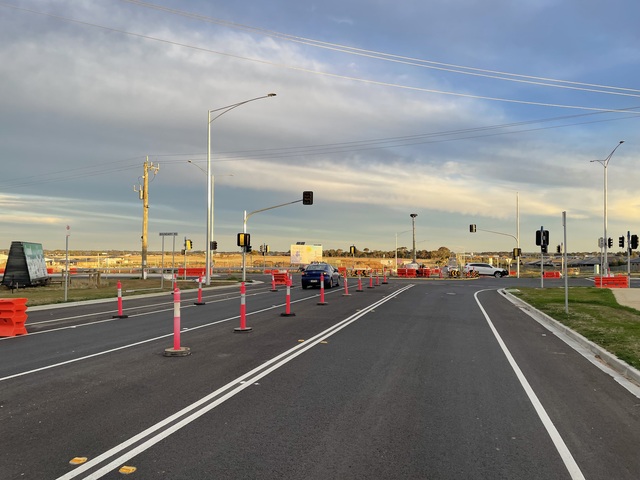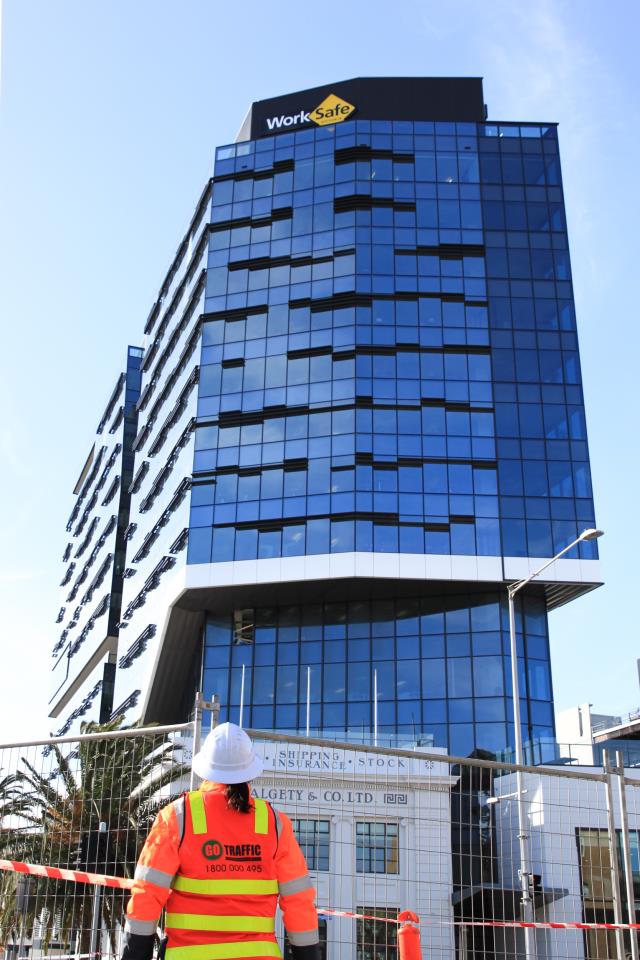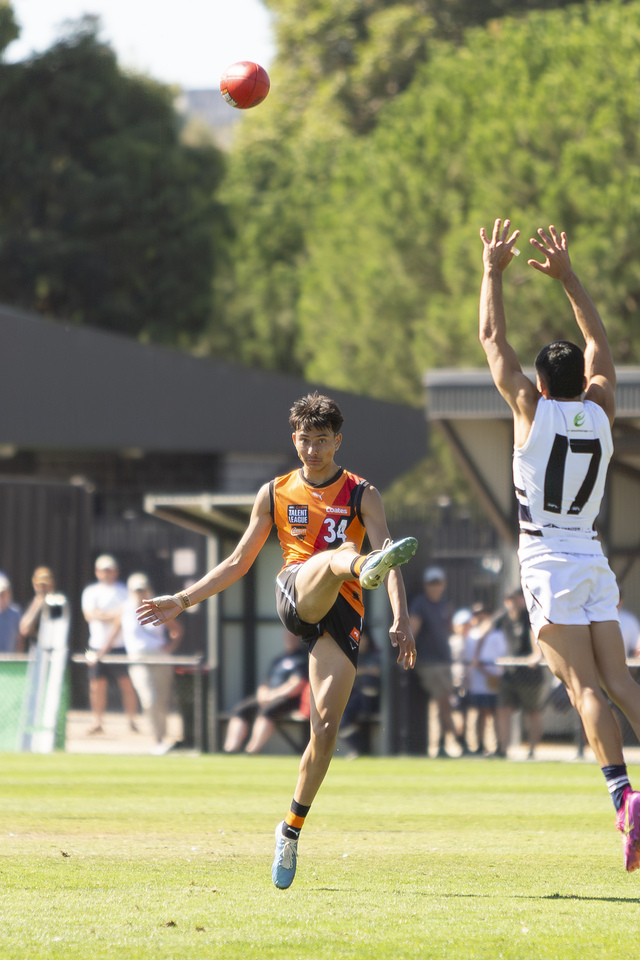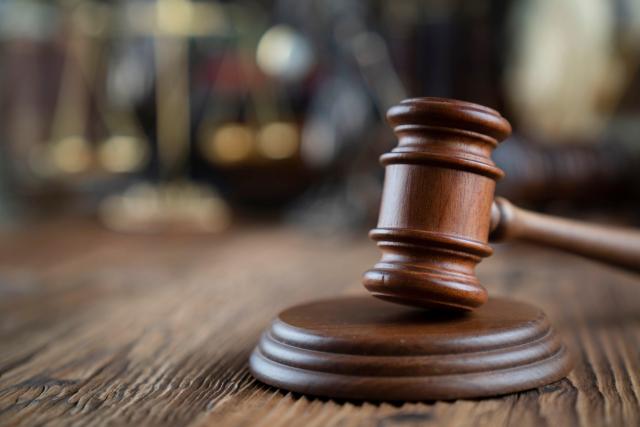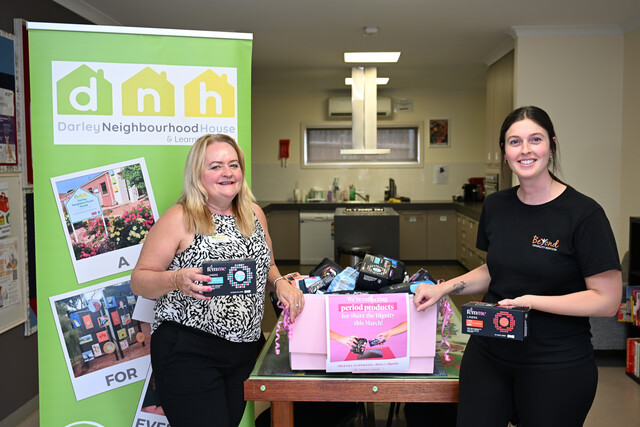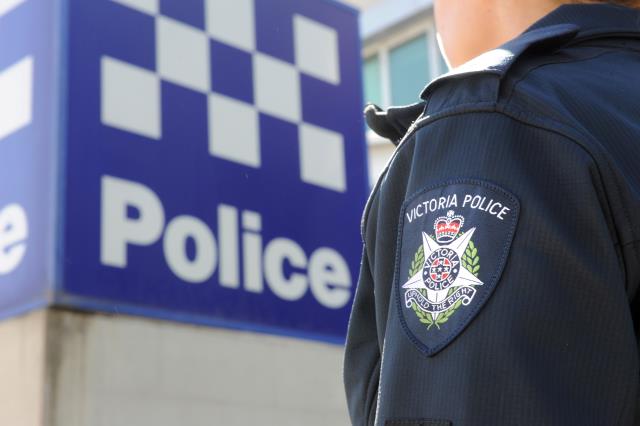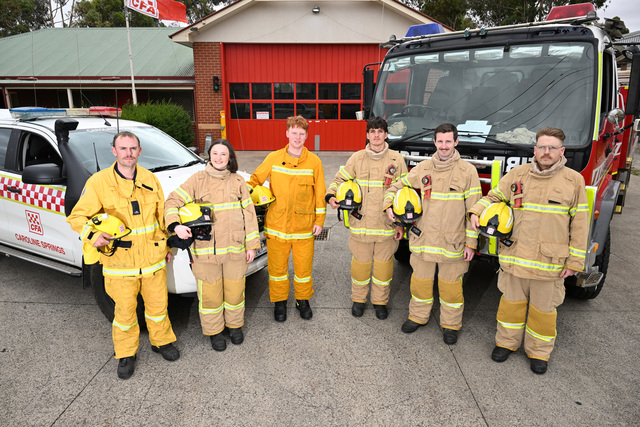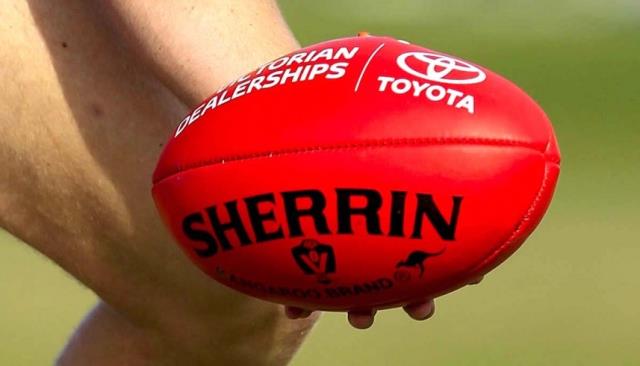Western suburbs firefighters and the Greens have accused the state government of attempting to “kill off” legislation that would give firefighters easier access to cancer compensation.
The government last week announced that it would set up an
assessment panel to assist in the management of professional and
volunteer firefighter claims. But it said it was “not convinced” of the
link between firefighting and certain types of cancers.
The panel, to be managed by WorkCover, comes after continued
pressure on the government to back the legislation after international
studies found firefighters have a higher rate of cancer due to the
chemicals.
Monash University researchers confirmed in a letter to state MPs
that the science was settled and that “waiting for more research
findings leads to unacceptable delays”.
A Greens bill that passed Federal Parliament in 2011 removed the
onus of proof on Commonwealth-employed firefighters who work at airports
or in the ACT. Western Metropolitan Greens MP Colleen Hartland proposed
similar laws in Victoria that would also cover volunteers.
Western zone MFB commander Frank Besanko, 61, was among 12
firefighters who made a submission to a senate committee on the Fair
Protection for Firefighters Bill. He said it felt like a “punch in the
guts” when he was diagnosed with prostate cancer in 2007.
He said it
tore him up to see firefighters transferred to day duties, monitoring
their own dosage of morphine at work and in one case holding an “end-of-life celebration” in the weeks before dying.
“There are too many firefighters being diagnosed with cancers and too many dying,” he said in his statement.
Former western suburbs firefighter and father of six David Weir,
51, had a double lung transplant after being diagnosed with sarcoidosis
18 years ago.
He was one of the responding crews to attend the 1991 Coode Island explosion.
“And there’s many other fires that could have involved asbestos
that I could have been exposed to quite significantly on quite a regular
basis,” he said.
“You’re on call 24/7 and when the bells go you pretty much respond to whatever’s required for the emergency.
“When you do put the fire out, you do investigation and you do
mopping up, and in that cleaning-up process you do take your gloves and
breathing apparatus off, and I suppose you’re very exposed.”

